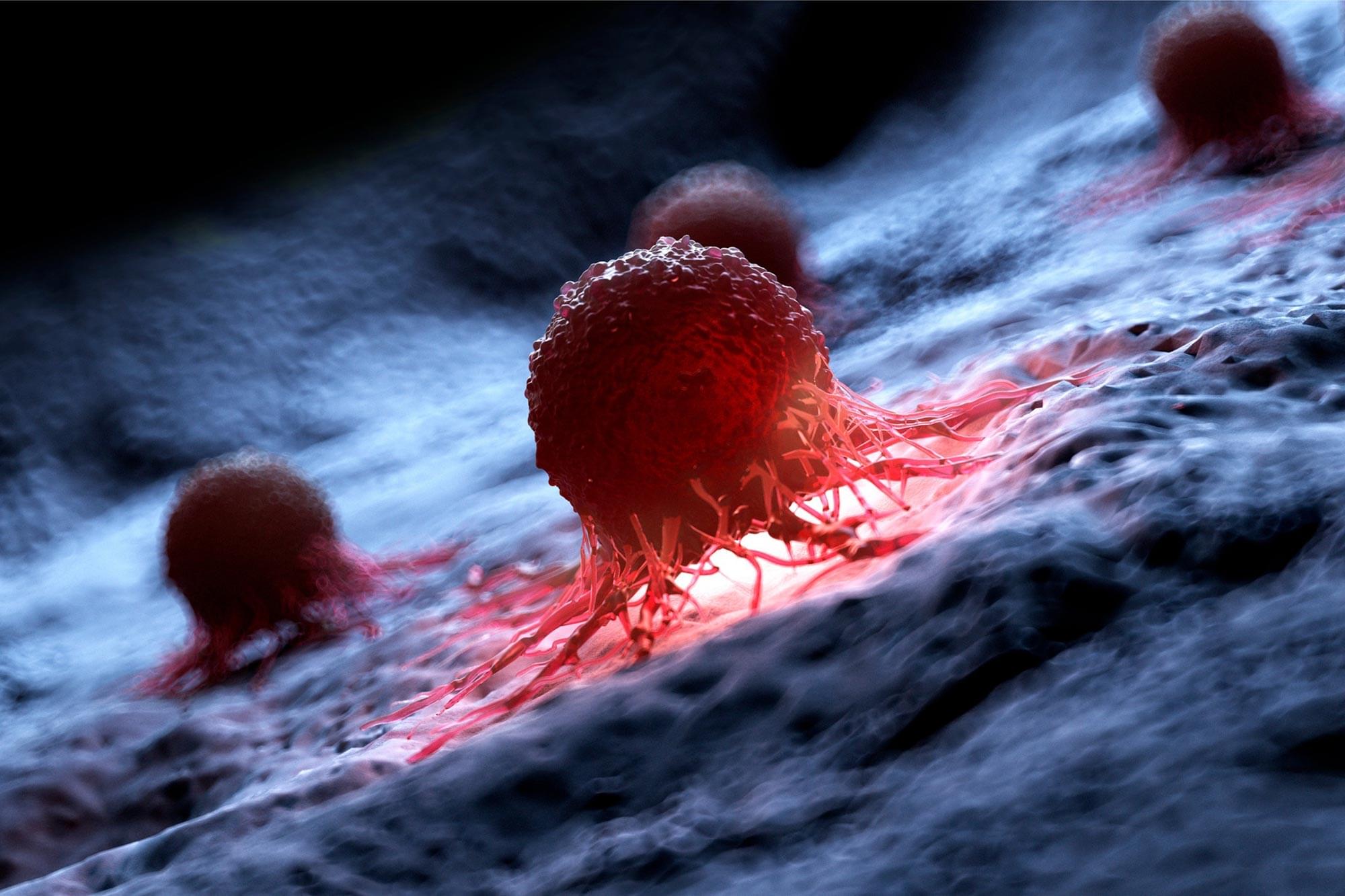Quick Overview of Photonic Quantum Computing (cross-inspiration between LLM solutions)




A new stem cell therapy, CALEC, has demonstrated a 92% success rate in regenerating corneas and restoring vision. This breakthrough procedure is still experimental but shows immense promise for those with previously untreatable eye injuries.
An expanded clinical trial that tested a groundbreaking, experimental stem cell treatment for blinding cornea injuries found the treatment was feasible and safe in 14 patients who were treated and followed for 18 months, and there was a high proportion of complete or partial success. The results of this new phase 1/2 trial published March 4, 2025 in Nature Communications.
<em>Nature Communications</em> is an open-access, peer-reviewed journal that publishes high-quality research from all areas of the natural sciences, including physics, chemistry, Earth sciences, and biology. The journal is part of the Nature Publishing Group and was launched in 2010. “Nature Communications” aims to facilitate the rapid dissemination of important research findings and to foster multidisciplinary collaboration and communication among scientists.

A self-acclaimed “deep tech” company focused on the next generation of computing has unveiled three smart contact lens prototypes at MWC 2025, giving us a glimpse into the technology that could shape vision health of the future.
XPANCEO took the covers off its three prototypes, each one showcasing a unique technology that could feature in future “smart” contact lenses.

AUSTIN (KXAN) — Beep beep — Uber rideshare users can now book a driverless ride around Austin, as the ridehailing company officially launches its partnership with Waymo.
Waymo and Uber announced in September the planned collaboration between the two companies, with rollouts poised in both Austin and Atlanta in 2025. Beginning Tuesday, Uber users can match with one of Waymo’s Jaguar I-PACE vehicles while booking an UberX, Uber Green, Uber Comfort or Uber Comfort Electric vehicle.
“Starting today, Austin riders can be matched with a Waymo autonomous vehicle on the Uber app, making their next trip even more special,” Uber CEO Dara Khosrowshahi said in the announcement. “With Waymo’s technology and Uber’s proven platform, we’re excited to introduce our customers to a future of transportation that is increasingly electric and autonomous.”

REDMOND, Wash. — March 3, 2025 — On Monday, Microsoft Corp. is unveiling Microsoft Dragon Copilot, the first AI assistant for clinical workflow that brings together the trusted natural language voice dictation capabilities of DMO with the ambient listening capabilities of DAX, fine-tuned generative AI and healthcare-adapted safeguards. Part of Microsoft Cloud for Healthcare, Dragon Copilot is built on a secure modern architecture that enables organizations to deliver enhanced experiences and outcomes across care settings for providers and patients alike.
Clinician burnout in the U.S. dropped from 53% in 2023 to 48% in 2024, in part due to technology advancements. However, with an aging population, and persistent burnout felt across the profession, a significant U.S. workforce shortage is projected. In response, health systems are adopting AI to streamline administrative tasks, enhance care access, and enable faster clinical insights to improve healthcare globally.
“At Microsoft, we have long believed that AI has the incredible potential to free clinicians from much of the administrative burden in healthcare and enable them to refocus on taking care of patients,” said Joe Petro, corporate vice president of Microsoft Health and Life Sciences Solutions and Platforms. “With the launch of our new Dragon Copilot, we are introducing the first unified voice AI experience to the market, drawing on our trusted, decades-long expertise that has consistently enhanced provider wellness and improved clinical and financial outcomes for provider organizations and the patients they serve.”
Anthropic closed a $3.5 billion series E funding round, valuing the AI company at $61.5 billion post-money, the firm announced today. Lightspeed Venture Partners led the round with a $1 billion contribution, cementing Anthropic’s status as one of the world’s most valuable private companies and demonstrating investors’ unwavering appetite for leading AI developers despite already astronomical valuations.
The financing attracted participation from an impressive roster of investors including Salesforce Ventures, Cisco Investments, Fidelity Management & Research Company, General Catalyst, D1 Capital Partners, Jane Street, Menlo Ventures and Bessemer Venture Partners.
With this investment, Anthropic will advance its development of next-generation AI systems, expand its compute capacity, deepen its research in ten and alignment, and accelerate its international expansion, the company said in its announcement.
Anthropic’s dramatic valuation reflects its exceptional commercial momentum. The company’s annualized revenue reached $1 billion by December 2024, representing a tenfold increase year-over-year, according to people familiar with the company’s finances. That growth has accelerated further, with revenue reportedly increasing by 30% in just the first two months of 2025, according to a Bloomberg report.
Founded in 2021 by former OpenAI researchers including siblings Dario and Daniela Amodei, Anthropic has positioned itself as a more research-focused and safety-oriented alternative to its chief rival. The company’s Claude chatbot has gained significant market share since its public launch in March 2023, particularly in enterprise applications.
Krishna Rao, Anthropic’s CFO, said in a statement that the investment fuels our development of more intelligent and capable AI systems that expand what humans can achieve, adding that continued advances in scaling across all aspects of model training are powering breakthroughs in intelligence and expertise.

Scientists have discovered a natural compound that can halt a key process involved in the progression of certain cancers and demyelinating diseases—conditions that damage the protective myelin sheath surrounding neurons, such as multiple sclerosis (MS).
A study published in the Journal of Biological Chemistry identified a plant-derived flavonoid called sulfuretin as an inhibitor of an enzyme linked to both MS and cancer. The research, conducted in cell models at Oregon Health & Science University, demonstrated that sulfuretin effectively blocked the enzyme’s activity. The next phase of research will involve testing the compound in animal models to evaluate its therapeutic potential, effectiveness, and possible side effects in treating cancer and neurodegenerative diseases like MS.

Chinese scientists unveiled a superconducting quantum computer prototype named “Zuchongzhi 3.0” with 105 qubits on Monday (Beijing Time), marking a breakthrough in China’s quantum computing advancements.
The achievement also sets a new record in quantum computational advantage within superconducting systems.
Developed by Chinese quantum physicists Pan Jianwei, Zhu Xiaobo, Peng Chengzhi, etc., “Zuchongzhi 3.0” features 105 readable qubits and 182 couplers. It processes quantum random circuit sampling tasks at a speed quadrillion times faster than the world’s most powerful supercomputer and 1 million times faster than Google’s latest results published in Nature in October 2024.

In classical electromagnetism, electric and magnetic fields are the fundamental entities responsible for all physical effects. There is a compact formulation of electromagnetism that expresses the fields in terms of another quantity known as the electromagnetic potential, which can have a value everywhere in space. The fields are easily derived theoretically from the potential, but the potential itself was taken to be purely a mathematical device, with no physical meaning.
In quantum mechanics, shifts in the electromagnetic potential alter the description of a charged particle only by shifting its phase—that is, by advancing or retarding the crests and troughs in its quantum wave function. In general, however, such a phase change does not lead to any difference in the measurable properties of a particle.
But in 1959 Yakir Aharonov and David Bohm of the University of Bristol, UK, devised a thought experiment that linked the potential to a measurable result. In their scenario, a beam of electrons is split, with the two halves made to travel around opposite sides of a cylindrical electromagnet, or solenoid. The magnetic field is concentrated inside the solenoid and can be made arbitrarily weak outside by making the cylinder extremely narrow. So Aharonov and Bohm argued that the two electron paths can travel through an essentially field-free region that surrounds the concentrated field within the electromagnet.